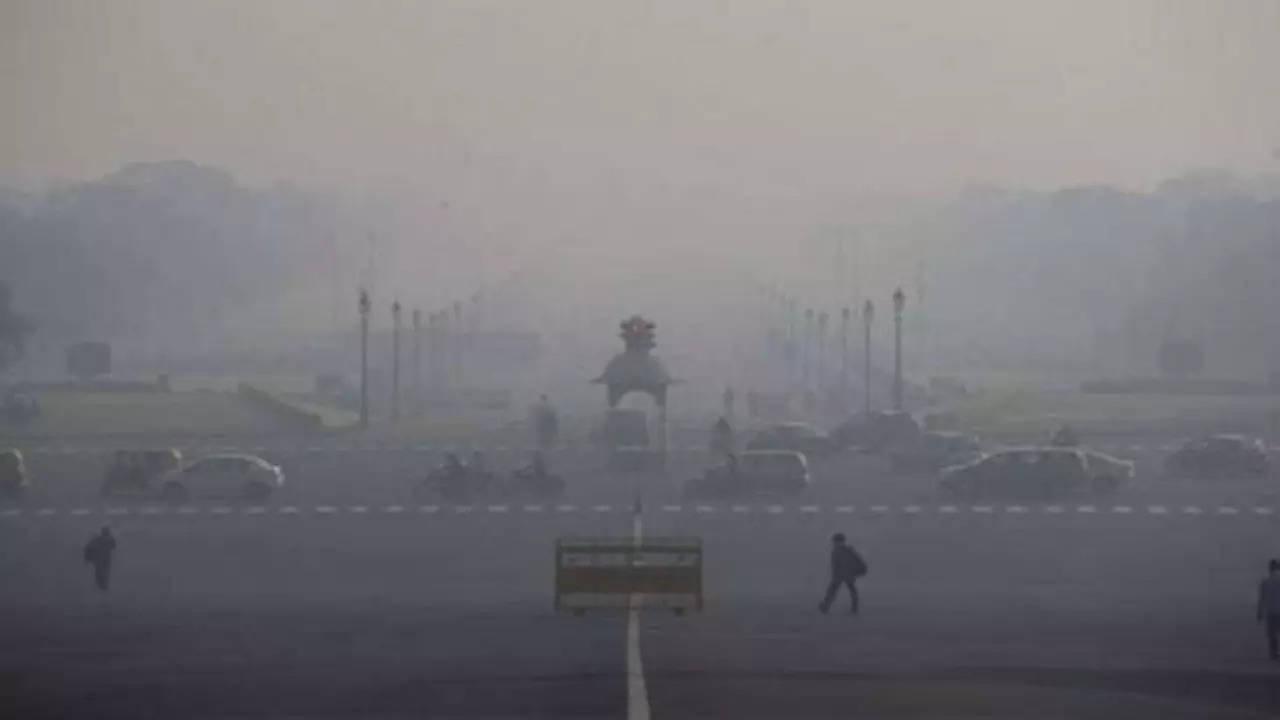Sources of air pollution in Delhi to be tracked in real time from October 20
The real-time source apportionment research would assist in identifying and finding the precise contribution of various polluting sources inside the city on a real-time basis.

Representational Image
Photo : PTI
New Delhi: As of October 20, the Delhi government's source apportionment system will begin supplying data, enabling real-time tracking of pollution sources at any place in the capital.
The real-time source apportionment research would assist in identifying and finding the precise contribution of various polluting sources inside the city on a real-time basis, according to Reena Gupta, advisor to the Delhi government.
She stated that for three days in the future and for a week in the future, the air quality and Air Quality Index (AQI) in various areas would be anticipated on an hourly basis.
"Based on the apportionment and forecasting, control actions required to curb major polluting sources can be customised," Gupta told PTI.
The Delhi government and IIT-Kanpur collaborated to develop a supersite at Rouse Avenue that can track many chemicals in real-time and provide projections for air quality.
Through the initiative, the causes of the increase in air pollution in every specific Delhi area will be determined. Vehicles, dust, thermal power plants, biomass burning, stubble burning, and smoke from manufacturing are all potential causes of pollution.
Additionally, it will offer daily and weekly forecasts of the AQI at several places inside and outside Delhi.
According to Gupta, pollution forecasting would assist the government in making important policy decisions like ordering the closure of schools and imposing limitations on building work and vehicle traffic in advance.
Arvind Kejriwal, the chief minister, earlier in the day unveiled a 15-point Winter Action Plan, which included the formation of teams to monitor vehicle emissions, dust, and rubbish burning in order to reduce air pollution.
He claimed that the government had taken specific actions that had resulted in an 18.6% decrease in air pollution levels during the previous four years, including the adoption of an electric car policy in 2020 and a 24-hour electrical supply.
Trending:
End of Article
Subscribe to our daily Newsletter!
Related News





Delhi To Witness Heatwave? Max Temperature Settles At 39.2°C, Here's What IMD Says

In a Complex 10-Hour Surgery, Doctors At Delhi Hospital Reattach Severed Hand Of Factory Worker

Air India To Deploy A350 Aircraft On Delhi-Dubai Route From This Date| Full Details Inside

Delhi Metro Alert: Samaypur Badli-Jahangir Puri Route To Remain Affected For 4 Months, Here's Why

PIL Seeks 'Extra Ordinary Interim Bail' For Arvind Kejriwal Citing Risk To Safety In Jail









